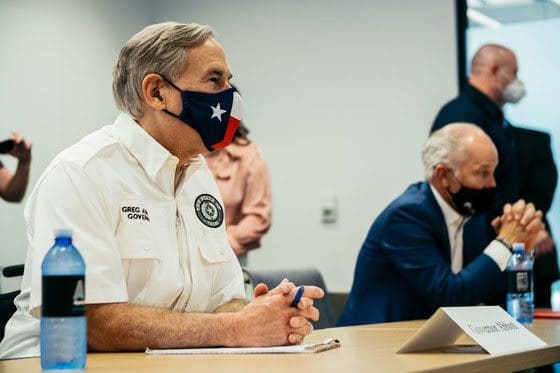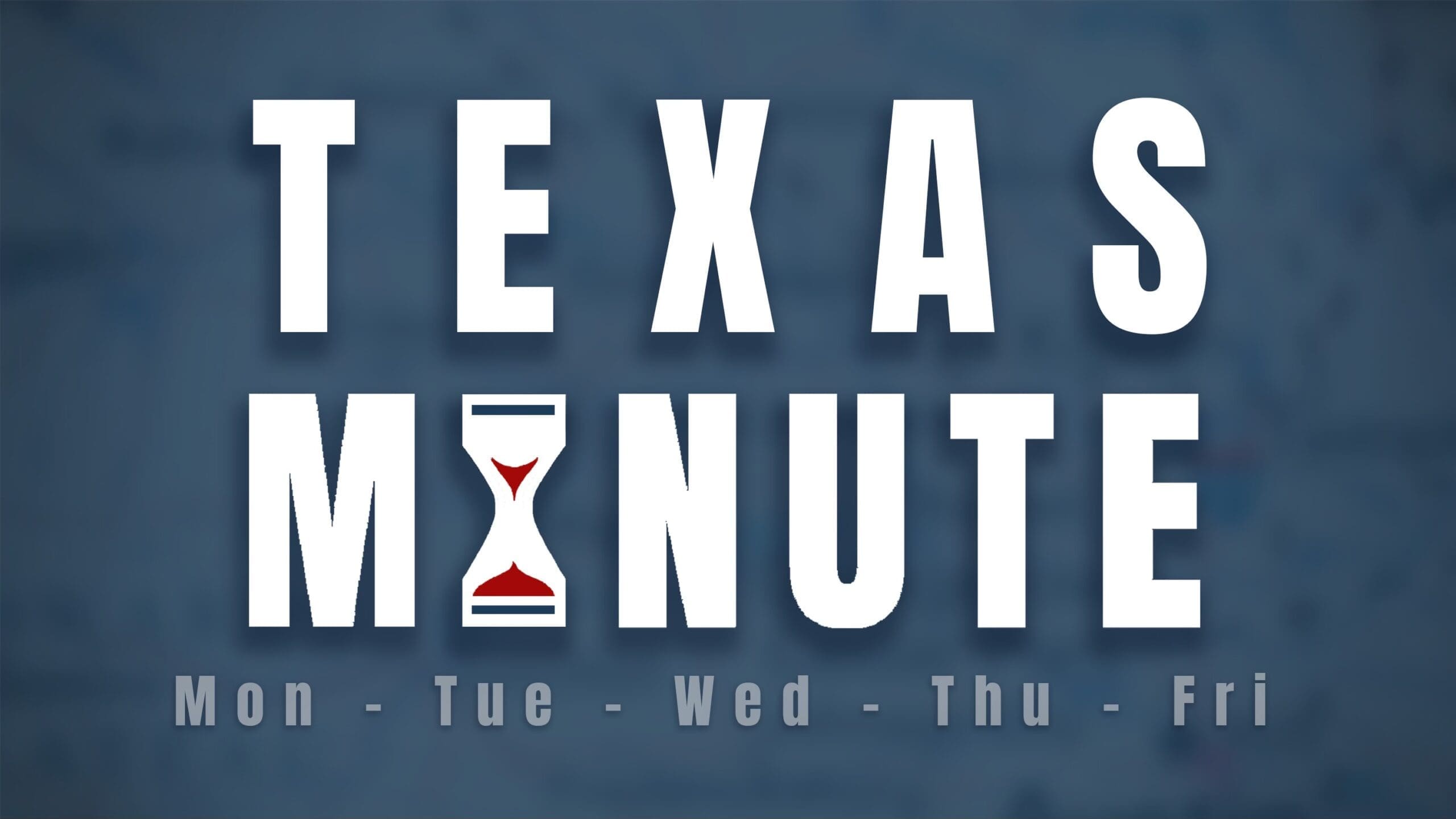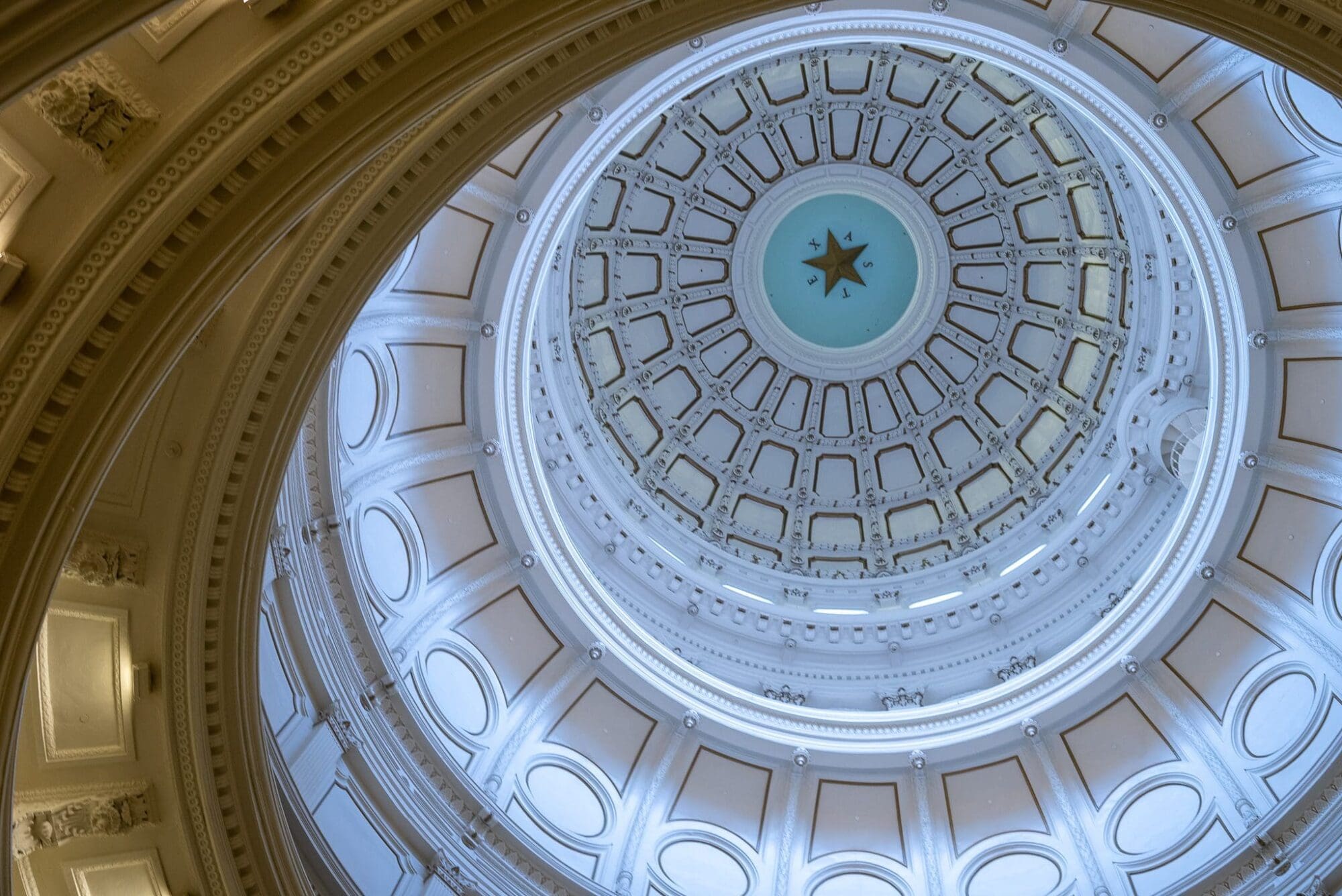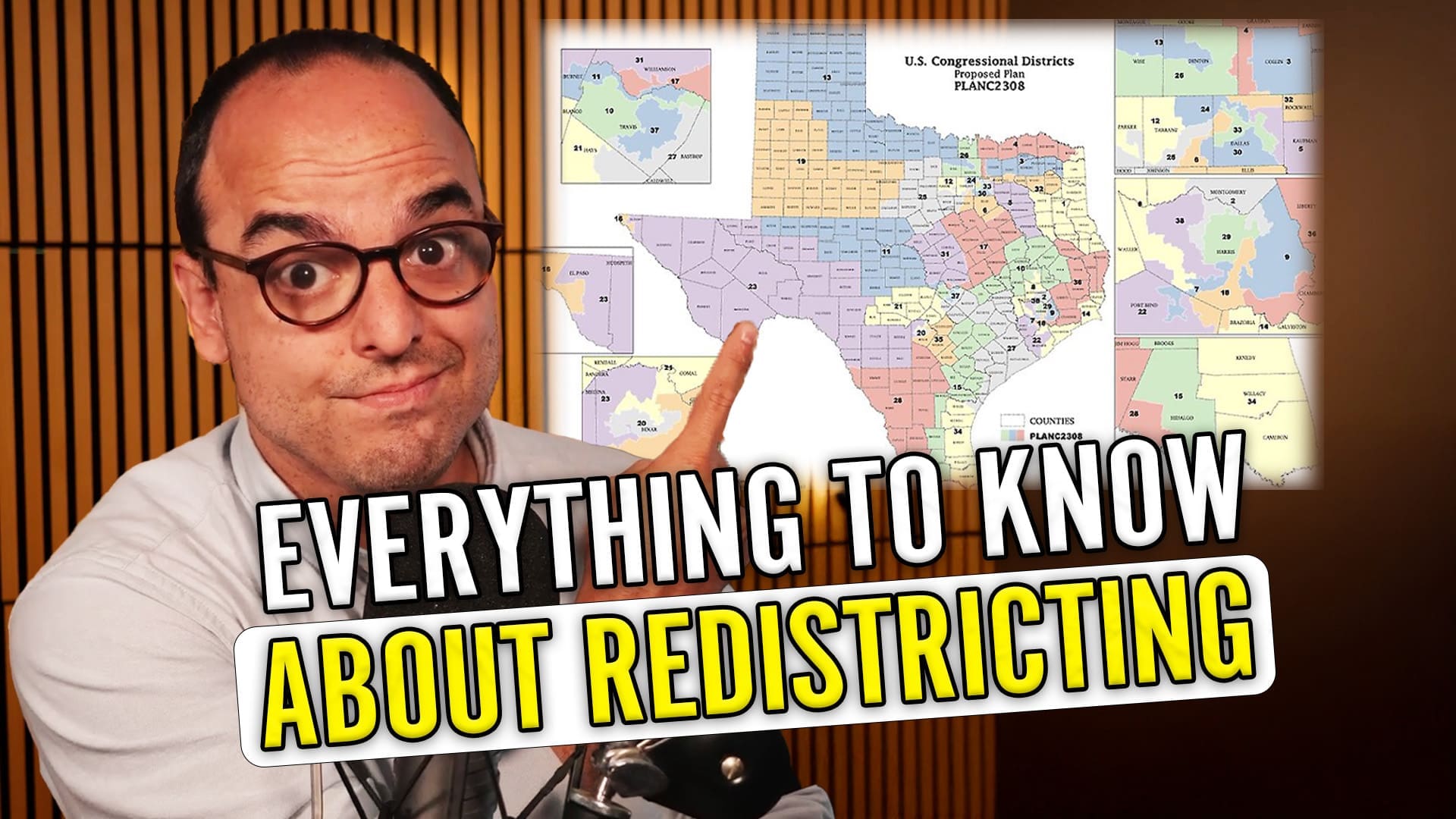As Texas has been in a state of emergency over COVID for more than three years, the Texas Senate has approved legislation to crack down on perpetual emergency orders and disaster declarations that have been criticized for undermining the state Legislature.
First issued in March 13, 2020, the emergency declaration became the basis for numerous COVID-related executive orders, including business shutdowns and mask mandates—all without input from the state Legislature. As Texas began to reopen, executive orders were issued in an attempt to prohibit local entities from implementing more stringent requirements.
An emergency declaration can only be issued for up to 30 days at a time. Since it was first issued, however, Abbott has repeatedly extended it every month. In fact, while the federal orders are slated to expire on May 11, Texas is the currently the only Republican-led state to still be under a state of emergency for COVID.
“I intend to keep these executive orders and suspensions in place until the Legislature can enact laws this session to prohibit local governments from imposing restrictions like mask mandates and vaccine mandates,” Abbott said during his most recent renewal of the declaration earlier this month.
Abbott has also made reforming the very emergency powers he has leaned heavily on an emergency priority for the Legislature.
On Tuesday, the Texas Senate unanimously approved Senate Joint Resolution 58 and Senate Bill 1104 by State Sen. Brian Birdwell (R–Granbury), which would do exactly that.
The proposed constitutional amendment—which would require approval by voters—would prevent a governor from issuing an emergency declaration for more than 30 days without calling a special session of the state Legislature to approve the effort.
The effort is identical to a proposal passed two years ago by the Senate. That legislation was killed in the Texas House, however, and wasnot brought up for a vote.
Identical legislation in the House has been referred to the State Affairs Committee, but has so far not been scheduled for a hearing.





